This article is a written opinion about what is going on in the trucking industry, particularly with startups claiming that they are changing and revolutionizing processes.
All viewpoints come from firsthand experience working with a variety of different trucking companies, ranging from mom-and-pop operations to mid-sized fleets of 300+ trucks.
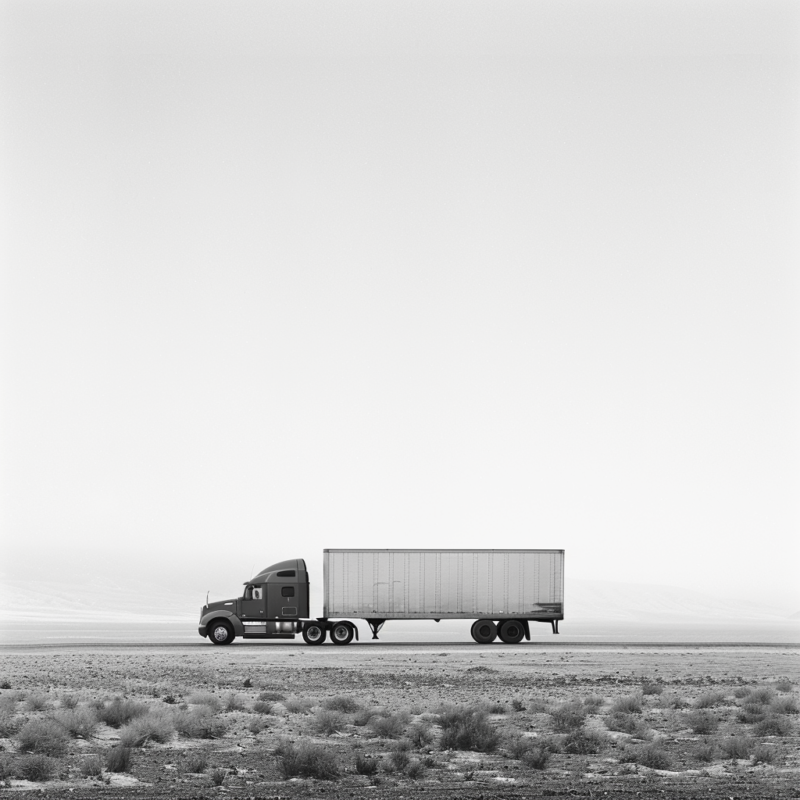
If you have a different opinion, that’s great, please let us know your thoughts.
Now that we got the boring disclaimer out of the way, let’s get started.
What is the trucking industry
Let’s start with the basics, it seems as if this is one of the first things that people get wrong when they start talking about trucking. Some people don’t even call this industry trucking, they may call it logistics or freight. But, for the sake of this article, we’re going to call it trucking since that’s who we have experience working with – the truck drivers and companies that own trucks.
The trucking industry is a business as old as time, even though trucks haven’t been around that long. Before there were trucks, people used horse and buggies to transport goods from one place to another.
The trucking industry is made up of carrier companies. They start as an owner operator, which is just one truck owned and operated by the driver. They can also be companies with many trucks and company drivers. Carrier companies own their trucks and are responsible for all payments, permits and legal documentation to operate legally. If the truck breaks down, they have to pay to fix it.
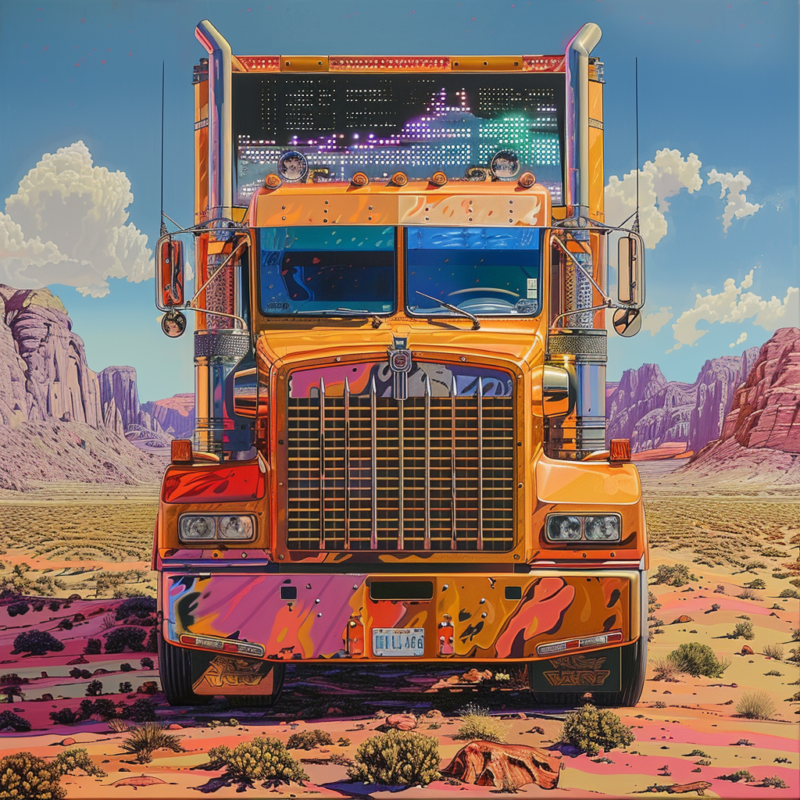
These trucking companies have different types of trailers that haul goods for their customers. Carriers are responsible to have adequate insurance coverage for their truck and trailer and also for the cargo that is being transported.
Carriers need to adhere to the terms of their contract by assuring that they pick up and deliver goods by the set times.
Trucking companies for decades have been family run businesses. In fact, they are one of the few businesses where you can make good money, from having just a few trucks. Most other businesses have been taken over by Wall Street, making it hard for a small guy to get ahead.
Great, now you have a general idea of what a trucking company does and how it’s been a good business especially for small business owners. Now let’s dive into what “revolutionizing” could mean in the terms of the trucking industry.
Freight Brokers Claim to Revolutionize Trucking
From what we can see, one of the key players in the trucking industry claiming to be “revolutionizing” trucking are the brokers.
Brokers are the middle-man between the trucking carriers and the shippers looking to ship their product across the country.
There are many claims circulating since the tech boom that these brokers are “disrupting” freight and trucking. These are just buzzwords used to garner attention.
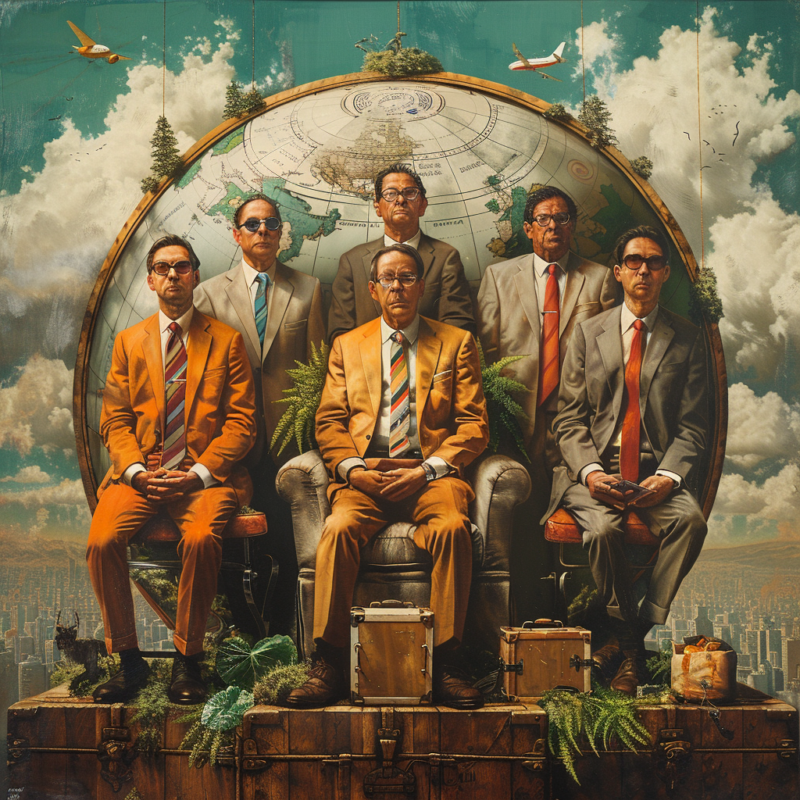
As you can see, last year, one of the biggest brokerage companies declared bankruptcy – see Convoy. They had backing from big shots like Jeff Bezos and Bill Gates.
How do you go bankrupt when you don’t even own the assets that are doing the transporting? Trucks and trailers can cost easily upwards of $150,000 USD just for one set up!
These companies are usually funded by VC money and have different funding rounds like A, B, C, and so on. The problem with this is that they are more interested in growing the value for their shareholders, rather than actually deliver a great product that can truly make trucking better. It’s literally a Ponzi scheme.
Their interest is in increasing their margins, not in actually “revolutionizing” trucking. Because they are not in profit from the get go, they are basing their entire business model on “valuations”, they don’t actually have to have a profitable business at all.
If you don’t believe this, take a look at Spotify. Their founder is a billionaire, yet the company has had more financial quarters in loss than in profit. And that’s Spotify, a company that you’ve heard of and that you use their products, not some new freight tech company.
Do brokers actually know what needs to be fixed?
Saying you’re going to revolutionize or disrupt an industry is quite the statement, but what can you actually fix?
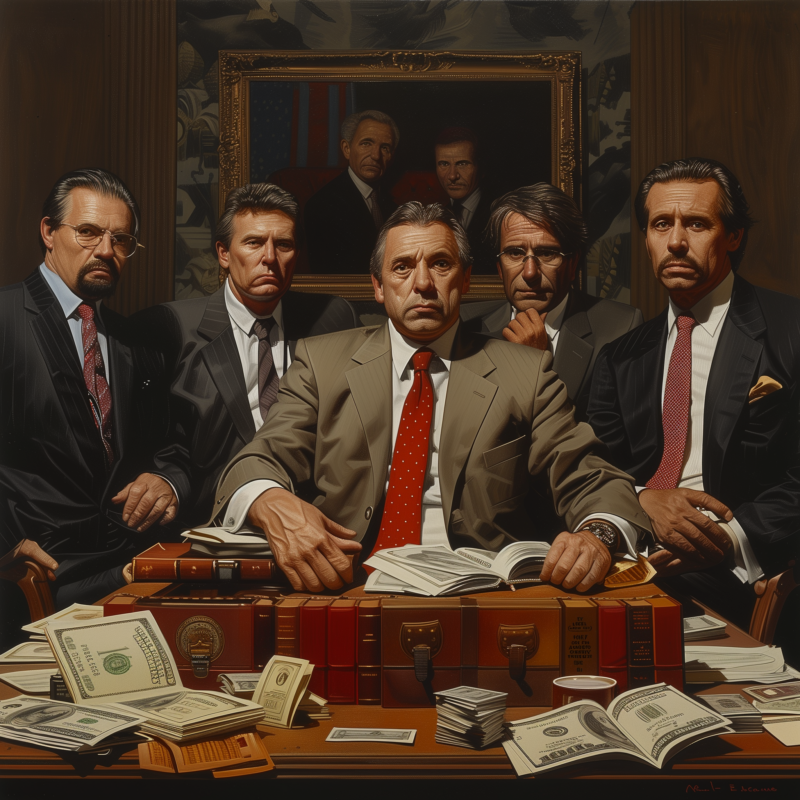
Let’s think about it logically, because you know, this is logistics.
Trucks transport the goods in trucking, and they drive on roads and highways.
So when a company claims that they are “optimizing” like no one else is optimizing, what can this truly even mean? Are the trucks driving on a new highway that only that broker has access to?
No.
Do the brokers have access to roads that do not have traffic, or construction, or DOT officers and weight stations that stop truck drivers causing delays.
No.
Is it possible that they are in with governments and have access to weather controlling technologies to ensure that a heavy snowfall or crazy winds don’t cause a delivery from being late?
No.
Maybe the brokers have access to top of the line warehouses with incredibly fast loading and unloading, and drivers never have to wait in any line.
I’m sorry, but the answer to this is also, NO.
Third party logistics and the players
3PL (third party logistics) gets its name from the fact that there are lots of third parties involved in the process.
The broker is just one part of the process. They rely on the trucking companies to actually invest the money to have the equipment to transport the goods. The trucking company is responsible for safely transporting the freight and for making sure that pickup and delivery times are respected.
Trucking companies rely on the broker to make sure rate confirmations contain accurate information, and that they will be getting paid for what they are doing.
Brokers and truck drivers are reliant on the shippers and receivers to have a facility that is ok for loading and unloading.
These trucks are driving on the government’s roads, meaning the roads are patrolled by law enforcement officers and DOT agents. There are weight stations all along the highways and drivers must respect their HOS (hours of service). A truck can be stopped for any reason and held up, causing unexpected delays in transportation.
As you can see things can go wrong because there are so many different parties involved, hence the name 3PL.
What can go wrong?
Some of the most common mistakes that happen on a daily basis are:
- Wrong address on rate confirmation
- Wrong pickup number
- Wrong delivery number
- Wrong appointment time
- Wrong freight gets loaded unto a trailer
- Cargo stacked improperly on the trailer, causing the trailer to get held up for reworking
These mistakes aren’t always that of the broker either, however, they need to take responsibility for the mistakes because they are the direct point of contact for a trucking company.
How can you revolutionize something that you really have no control over?
What does this mean for the truck drivers?
So, you may ask yourself, what does this mean for the truck drivers and truck carrier companies?
A company that truly revolutionizes business doesn’t have to claim that’s what it’s doing, it just does it. It’s not part of their company slogan, it’s just how their business works.
You have guys in suits that are making decisions on what they think is best for the trucking industry. These decisions are made without the interest of a truck driver in mind and are done only to increase valuation for shareholders. You see how we didn’t use the word “profit”, it’s because these companies actually don’t make profit. They’re hoping that one day they will.
More often than not, they go bankrupt, while the company may still owe mom-and-pop operations that are struggling to pay bills, money. It’s just another experiment gone wrong for them. Money invested to try and change up an industry that hasn’t really changed that much in the last decades, only to leave trucking companies footing the bill.
This isn’t a low shot at white collar workers, but let’s face it, maybe not every industry on this earth needs to be controlled by funds and VC money looking for higher valuations so that they can eventually sell off.
Trucking has been and is a blue collar type of business. It is the backbone of global economies. Without the driver in the truck and without the truck working, goods will not be delivered.
We need a return to the human aspect of trucking and fewer people behind a computer that don’t put the driver and front line workers first.
The truck driver needs to be put first
Trucking is an industry where the drivers are dedicating their life to their job. What other jobs or industries can you name that are like that? The military, police, firemen?
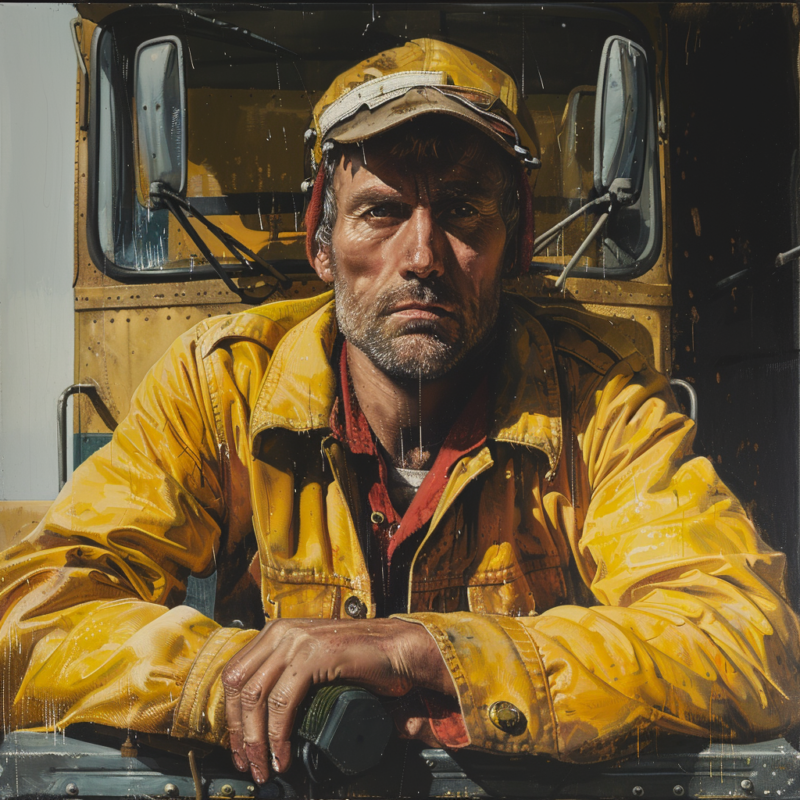
Truck drivers are on the road day and night.
They spend most of their time alone, eating and sleeping at truck stops.
They are constantly away from their family and friends, missing out on all the important things.
Let’s start by revolutionizing how we treat the driver.
Profits are important for any company to remain in operations, but we cannot put profit before taking into consideration the humans that are dedicating their life to their profession.
Final thoughts
Maybe the failures of these brokerages and logistics companies that are venture backed is actually a blessing in disguise. Maybe this will be the catalyst that causes a return to the mom-and-pop operations of trucking.
A trucking industry without C-suite executive making decisions about the bottom line.
We’re talking about a business landscape that takes into consideration the people that make the literal and figurative wheels turn – the truck drivers.
If you’re looking for a professional truck dispatching company, that puts the drivers first and understands the intricate complexities of after hours and nighttime truck dispatch, then contact us at Ninja Dispatch for a consultation about our services.
